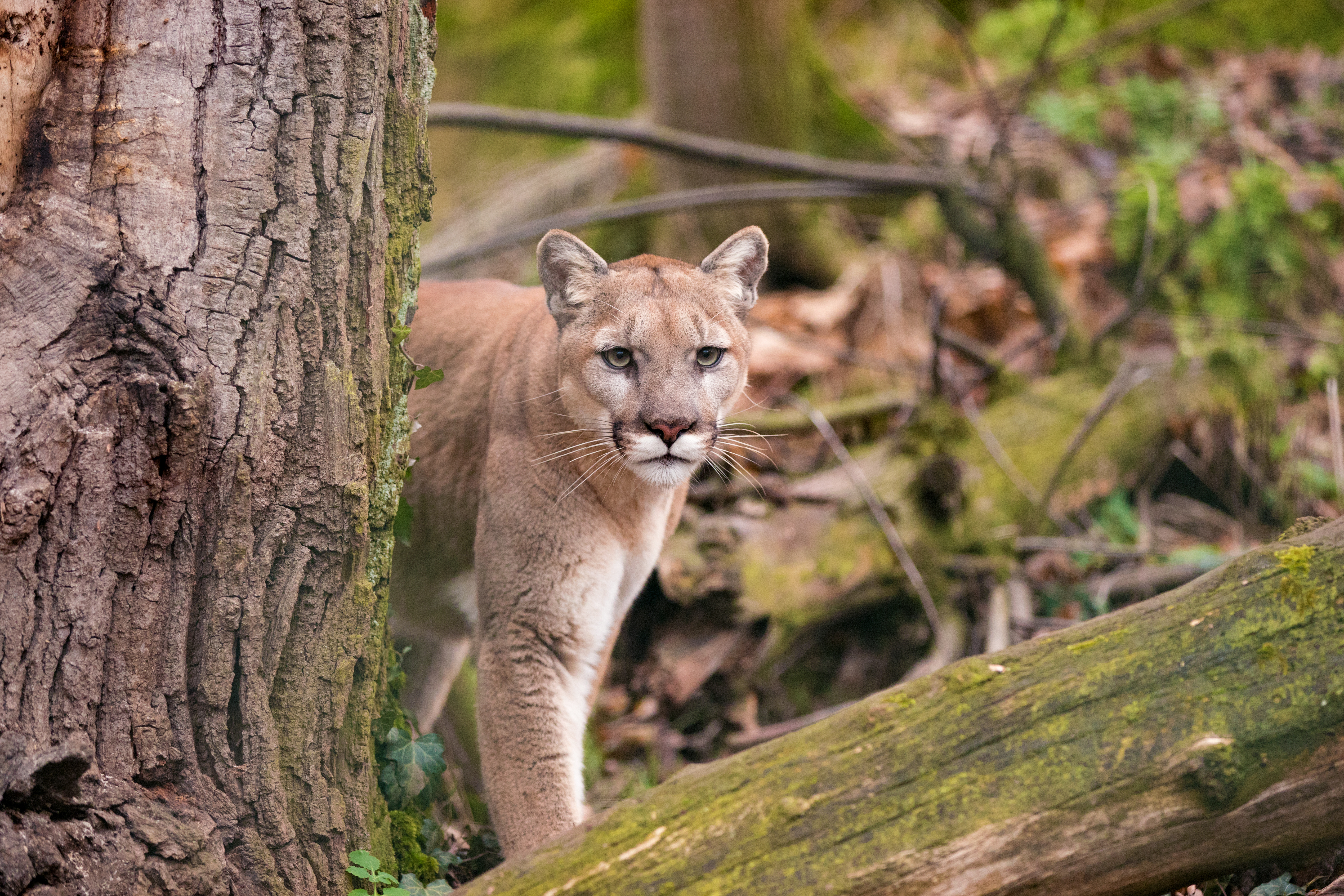The wolf family excited advocates for the apex predators, which had been experiencing slow growth on the West Coast in recent years.
Biologists spotted a pack of four wolves in Oregon’s northern Cascade Mountains, officials said Monday.
A team from the Confederated Tribe of the Warm Springs photographed the wolves using a trail camera. The pack includes two adults and two pups.
The Tribe’s reservation overlaps with nearby Jefferson and Wasco counties. After the sighting, the Oregon Department of Fish and Wildlife quickly designated this “an area of new wolf activity.” If all four wolves remain together by the end of the year, the pack will officially be named the Warm Springs pack.
Environmentalists welcomed the news, as growth of wolf populations in California and Oregon slowed in recent years.
“I’m so grateful this new family is making its home in a part of Oregon, where wolves are still protected under federal law,” said Amaroq Weiss, senior wolf advocate at the Center for Biological Diversity.
“Illegal wolf killing is rampant in Oregon, so these animals need every possible safeguard. I hope this will be an exciting new chapter in the story of wolf recovery in the state, which is seeing wolves dispersing into territory where they haven’t lived for decades.”
Decades After Eradication, Threats Continue
Government-backed efforts to kill wolves eliminated them throughout much of the western U.S. by the 1940s. After that, the first wolf sightings in Oregon occurred in 2008. Likely migrating from Idaho, the Center for Biological Diversity said, they’ve made gradual progress since.
Last year, Oregon wildlife officials estimated the population at about 175 individuals in 21 packs. That includes a total of 16 breeding pairs.
Yet the state only added two wolves from the year prior — partly because of losses. Eight wolves died from illegal poisoning incidents in Northeastern Oregon last year. Despite rewards of up to $50,000 from conservation groups, authorities never caught the poachers, the Center for Biological Diversity said.
Then, in August, poachers killed another wolf in Northeast Oregon. Conservation groups offered a reward of $11,500 for help catching those responsible.
“It’s a bittersweet moment for Oregon’s wolves,” Weiss said. “With illegal wolf killings in Eastern Oregon at all-time highs, having more wolves establish home territories and families in Western Oregon will be crucial for the long-term survival of these beautiful animals.”

Oregon Wolves Only Partially Protected
Most of Oregon’s wolf packs live in the eastern part of the state. Only three other wolf packs live in the western half, where biologists spotted the new family this week.
Unfortunately, their location means most of these wolves don’t receive federal protection.
Wildlife officials use highways 97, 20, and 395 as boundaries determining whether packs live in eastern or western portions of the state.
The location matters because Oregon’s wildlife management plan allows for killing wolves to protect livestock. However, that doesn’t apply to areas west of those highways, where they do live under federal protection.
On July 4, the department separately confirmed the existence of another new pack, with at least five pups. They live in the Upper Deschutes wildlife management unit — where federal protections apply.








